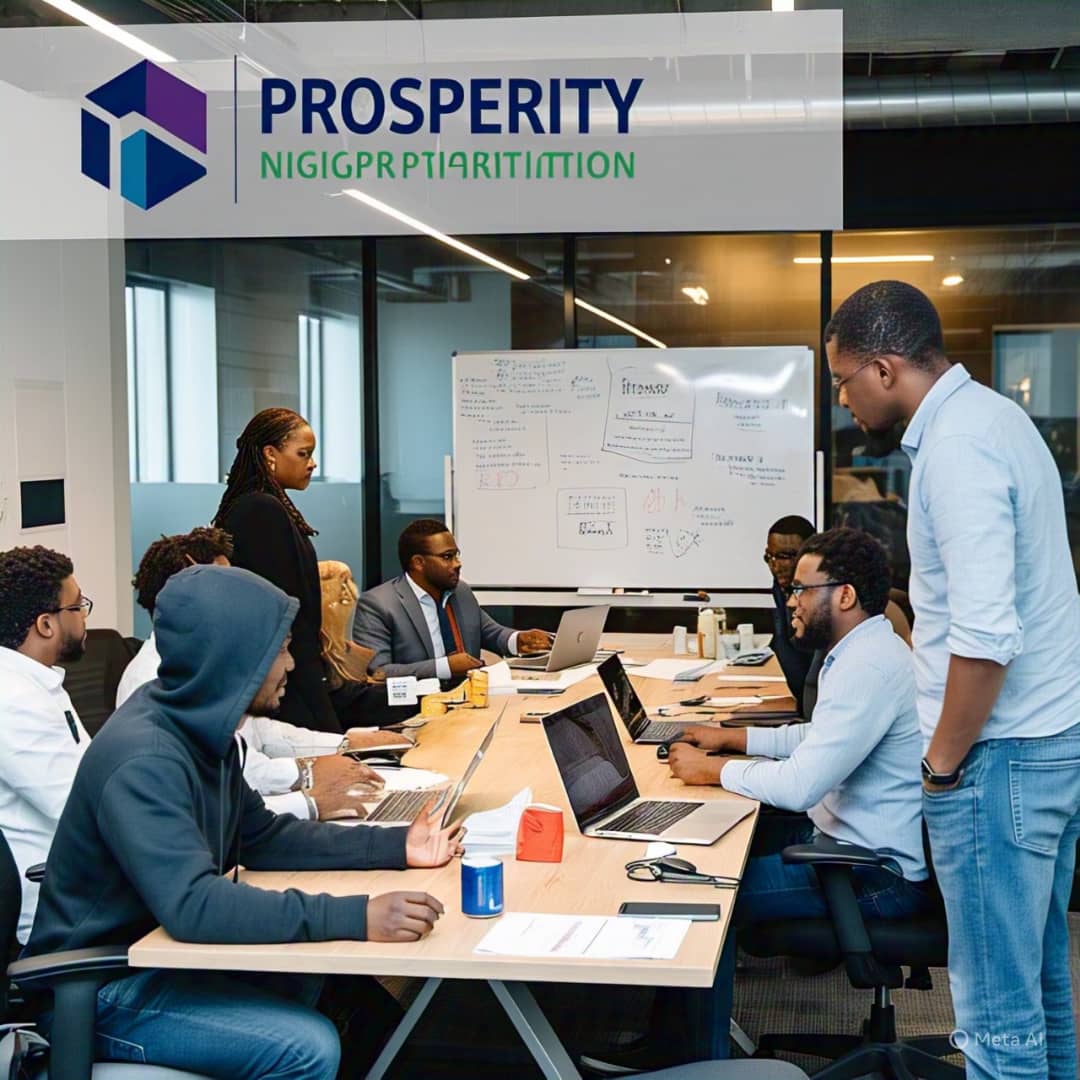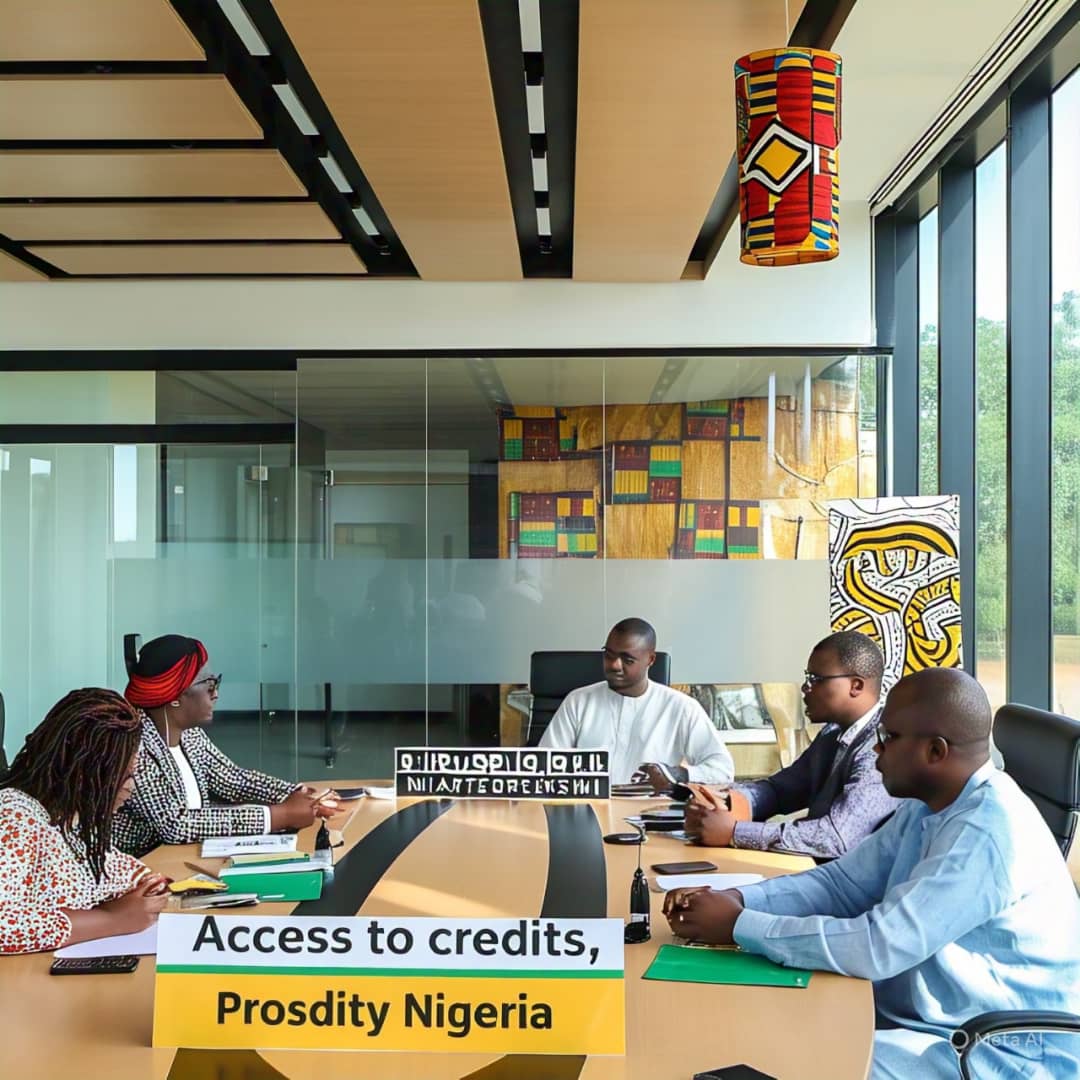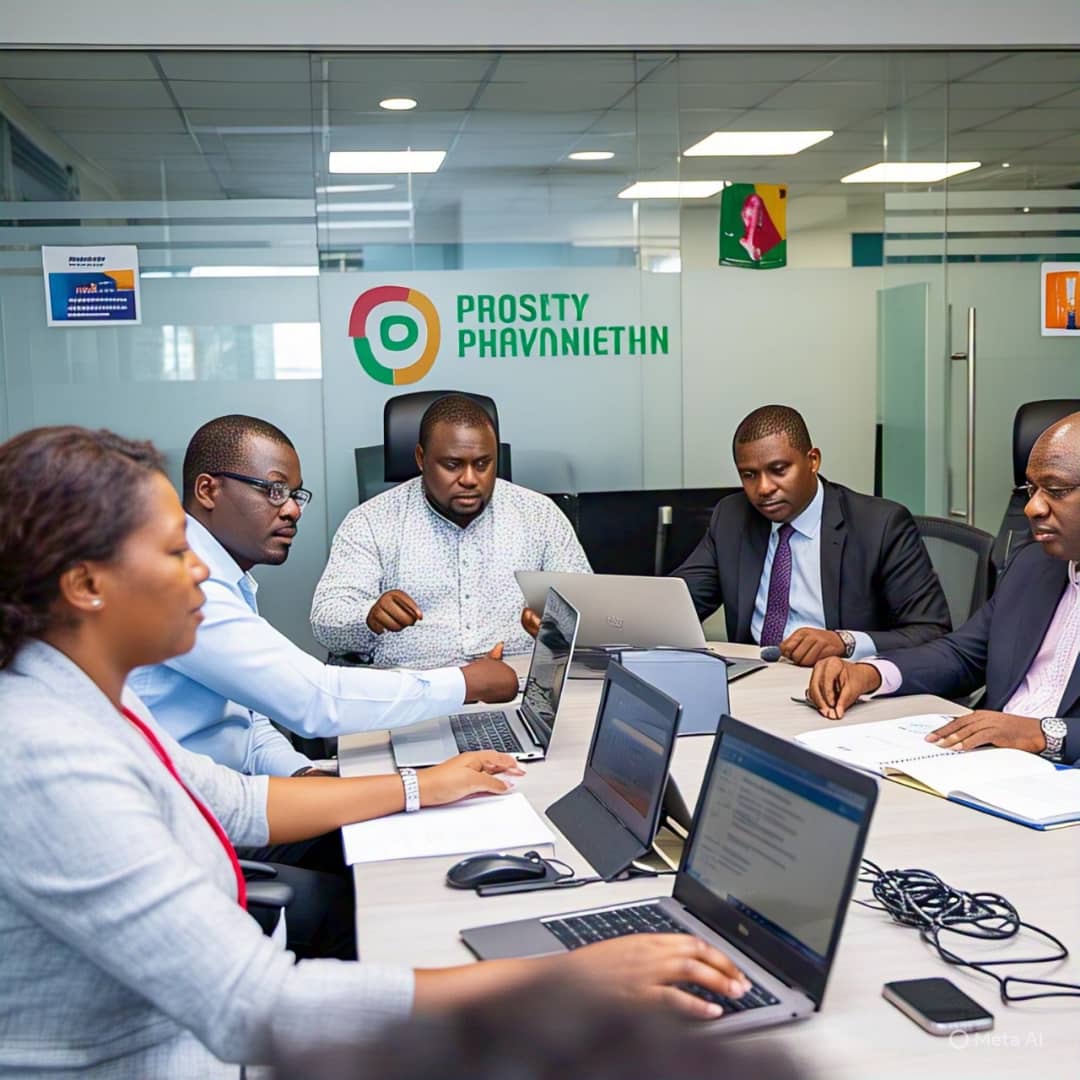Implementation Framework
- Governance Structure: Establish a governance structure that includes a board of directors, management team, and advisory
- Program Management: Designate program managers to oversee the implementation of each program and
- Partnerships: Foster partnerships with government agencies, private sector companies, and international
- Monitoring and Evaluation: Establish a monitoring and evaluation framework to track progress and
- Inter-Ministerial Committee: Establish an inter-ministerial committee to oversee the implementation of the partnership’s programs,
- Public-Private Partnerships: Leverage public-private partnerships to drive growth and development, as seen in the Nigeria-UK Strategic Partnership.
- Strategic Pillars: Identify key strategic pillars, such as growth and jobs, enhanced national security, migration, justice, and home affairs, to guide the partnership’s activities.
Implementation Strategy
The strategy will focus on the following key areas:
- Needs Assessment: Conduct a comprehensive needs assessment to identify the needs of economically challenged Nigerians.
- Program Design: Design programs and initiatives that address the identified needs and
- Resource Mobilization: Mobilize resources from diverse sources, including philanthropic donations, high- net-worth individuals, and private sector
- Capacity Building: Build capacity within the partnership and among program
Key Implementation Activities
- Entrepreneurship Opportunities Support: Implement entrepreneurship training, mentorship, startup incubation programs and funding support to entrepreneurs and startups.
- Access to Credits: Establish partnerships with financial institutions to provide access to credit for small businesses by implementing small business loan programs, credit facilities, and financial literacy
- Digital Economy: Invest in digital infrastructure and promote digital literacy to drive economic growth by Implementing digital literacy training, e-commerce platforms, and digital payment systems
- Startup Supports: Implement startup acceleration, innovation hubs, and access to funding
- Export Earnings: Implement export market development, trade facilitation, and export training
Risk Management
- Risk Assessment: Conduct a risk assessment to identify potential risks and
- Mitigation Strategies: Develop mitigation strategies to address identified risks and
- Contingency Planning: Develop contingency plans to address unexpected challenges and
Timeline
- Short-Term (0-6 months): Conduct needs assessment, design programs, and establish
- Medium-Term (6-18 months): Implement programs and initiatives, establish monitoring and evaluation
- Long-Term (1-3 years): Scale up programs, conduct impact assessments, and evaluate
Wealth Creation and Financial Freedom
- Financial Inclusion: Implement programs to increase financial inclusion and access to financial
- Investor Support: Provide support for investors, including training and networking
Export Earnings Development
- Trade Agreements: Negotiate trade agreements with other countries to increase Nigeria’s export
- Export Support: Provide support for Nigerian businesses to export goods and
Affordable Housing and Energy
- Housing Schemes: Implement affordable housing schemes to provide housing for low-income
- Energy Efficiency: Promote energy efficiency and renewable energy solutions to reduce energy
Alignment with Renewed Hope Agenda
- Collaboration with Government: Collaborate with the government to align the partnership’s activities with the Renewed Hope Agenda.
- Monitoring and Evaluation: Establish a monitoring and evaluation framework to track progress and impact









